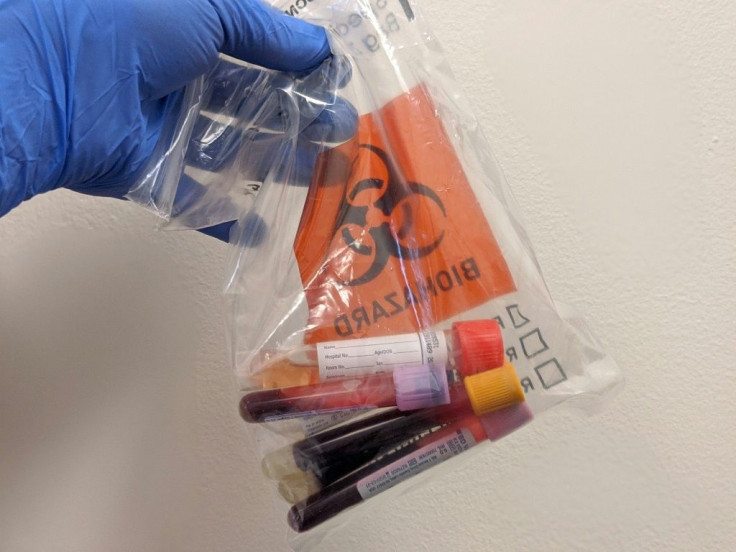Male Plasma Of COVID-19 Survivors Contains Higher Levels of Antibodies
KEY POINTS
- Convalescent plasma is currently being evaluated for its efficiency to treat COVID-19
- Male COVID-19 patients make more antibodies as compared to women
- Male COVID-19 survivors are requested to donate convalescent plasma to help save lives
Male COVID-19 survivors are being urged to donate their blood plasma for research to fight the novel coronavirus. Men are more likely to suffer serious illness and therefore produce higher levels of antibodies compared to women, according to recent data from England's National Health Services (NHS).
Plasma from men who survived the coronavirus infection could be more useful for saving lives. If the clinical trials yield positive results, the plasma from male survivors could be used to treat hospitalized COVID-19 patients, says NHS Blood and Transplant.
Nearly 600 COVID-19 survivors have donated blood and plasma for research between April-May 2020.
Key Findings:
- 43% of plasma donations from men had high enough antibodies that could be used in clinical trials
- Only 29% of plasma donations from women had adequate antibodies that could be used in trials
- Older patients, Asian patients and those who had been hospitalized for COVID-19 treatment also had higher levels of antibodies compared to others
"We'd still like to hear from anybody who had coronavirus or the symptoms. More plasma donors are needed. But we would especially want to hear from men," BBC quoted Prof David Roberts, associate director for blood donation at NHS Blood and Transplant.
Plasma
It is the yellowish liquid that makes up about half of the blood volume. It carries the red and white blood cells alongside the platelets throughout the body. During an infection, the plasma contains antibodies that help fight it.
The plasma enriched with antibodies is called ‘convalescent plasma’ which is formed when someone has recovered from an infection like COVID-19, usually about 4 weeks after the illness.
Convalescent plasma could be administered to people with the coronavirus infection via transfusion. It can help them fight COVID-19 and improve their chances of survival.
Several clinical trials to test the safety and efficacy of convalescent plasma in treating COVID-19 are underway.
Individuals who have had COVID-19 symptoms can donate convalescent plasma after having completely recovered.
Donating plasma isn’t similar to blood donation. The process might take at least 45 minutes to separate plasma from the donated blood. The body usually replaces the donated plasma within a couple of days.

© Copyright IBTimes 2024. All rights reserved.






















